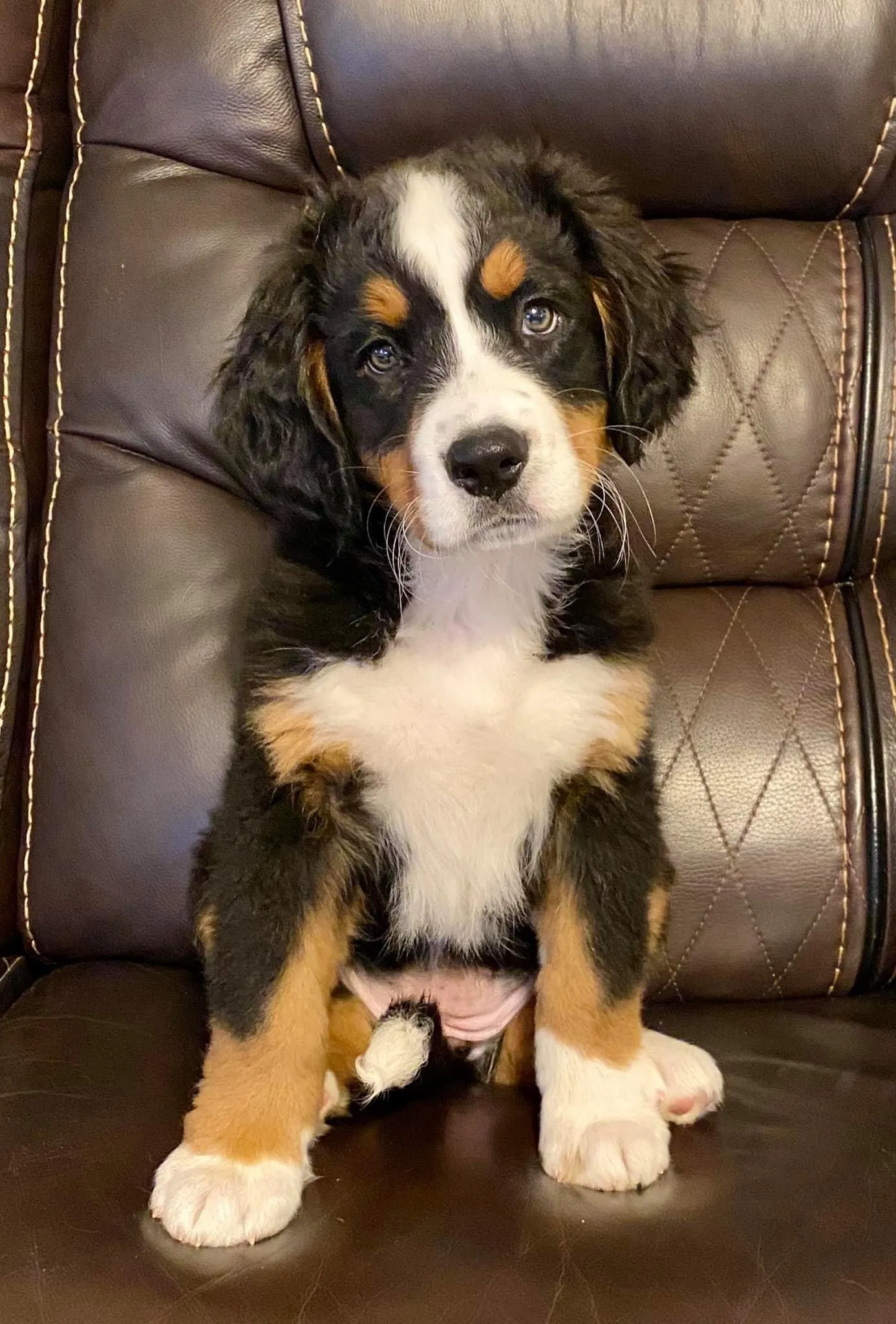The decision to welcome a Bloodhound into your home is an exciting one, often driven by the breed’s distinctive charm, gentle nature, and unparalleled scenting abilities. If you’re searching for “Blood Hounds For Sale Near Me,” you’re embarking on a journey to find a loyal and remarkable canine companion. This guide aims to provide comprehensive information, ensuring you make an informed choice when looking for Bloodhound puppies for sale, whether for companionship, work, or specialized roles.
Bloodhounds are renowned for their incredible tracking skills, often utilized by law enforcement and search and rescue teams. However, they also make devoted family pets, known for their calm demeanor and affectionate nature. When searching for “blood hounds for sale near me,” it’s crucial to understand the breed’s unique needs and characteristics to ensure a harmonious fit with your lifestyle.
The following sections will delve into what to expect when looking for Bloodhound puppies, the importance of responsible breeding, and how to identify reputable breeders.
Understanding the Bloodhound Breed: More Than Just a Scent Hound
Bloodhounds are a breed steeped in history, meticulously developed for their scenting prowess. Their loose skin, droopy ears, and soulful eyes are iconic, but beneath that distinctive appearance lies a dog with a remarkable temperament. They are known for being:
- Gentle and Affectionate: Despite their imposing size, Bloodhounds are typically very gentle, especially with children, making them wonderful family pets.
- Patient and Calm: They possess a naturally calm disposition, which can be a significant advantage in busy households.
- Determined and Persistent: When on a scent, a Bloodhound’s focus is unparalleled. This determination is key to their working abilities.
- Loyal Companions: Bloodhounds form strong bonds with their families and thrive on companionship.
When considering “blood hounds for sale near me,” remember that their needs extend beyond basic care. They require consistent training, socialization, and mental stimulation to thrive. Their scenting drive, while fascinating, also means they are prone to wandering if not securely contained and leashed during walks.
 A close-up of a Bloodhound puppy's face, showcasing its soulful eyes and characteristic loose skin.
A close-up of a Bloodhound puppy's face, showcasing its soulful eyes and characteristic loose skin.
Finding Reputable Breeders for Blood Hounds for Sale Near Me
Your search for “blood hounds for sale near me” should prioritize reputable breeders who are dedicated to the health, temperament, and well-being of their dogs. Responsible breeders will:
- Prioritize Health and Temperament: They conduct health screenings on their breeding dogs to minimize the risk of hereditary conditions. They also focus on breeding for sound temperaments, ensuring their puppies are well-adjusted.
- Provide a Clean and Stimulating Environment: Puppies should be raised in a clean, safe, and enriching environment, with plenty of human interaction and early socialization.
- Offer Transparency and Information: They will be happy to answer your questions about the breed, their breeding practices, and the lineage of the puppies. They will also provide health records, vaccination history, and a health guarantee.
- Screen Potential Buyers: Reputable breeders want to ensure their puppies go to loving and appropriate homes. They may ask you questions about your experience with dogs, your living situation, and your lifestyle to ensure a good match.
- Be AKC Registered: Look for breeders who register their puppies with the American Kennel Club (AKC). This indicates adherence to certain breed standards and ethical practices.
When you find listings for “blood hounds for sale near me,” take the time to research the breeder. Ask for references, visit their facility if possible, and observe the environment in which the puppies are raised.
What to Expect from a Bloodhound Puppy from a Responsible Breeder
A well-bred Bloodhound puppy, whether purchased from a breeder specializing in the breed or a multi-breed establishment, will typically come with several assurances:
- Veterinary Checked and Vaccinated: Puppies should have received their first set of age-appropriate vaccinations and have been dewormed by a veterinarian.
- Microchipped: Microchipping is a crucial step for identification and ensuring the safe return of your puppy if it ever gets lost.
- Health Guarantee: A reputable breeder will offer a health guarantee, typically for one year, covering serious genetic conditions.
- Registration Papers: AKC registration papers should be provided, allowing you to register your Bloodhound officially.
- Early Socialization: Puppies should have been exposed to various sights, sounds, and textures to help them develop confidence and adaptability. This includes introductions to different surfaces, noises, and even simple obstacle courses, preparing them for both family life and potential working roles.
 A black and tan Bloodhound puppy looking curious, with its head tilted slightly.
A black and tan Bloodhound puppy looking curious, with its head tilted slightly.
Beyond the Sale: Lifelong Commitment to Your Bloodhound
Purchasing a Bloodhound is just the beginning of a rewarding relationship. Your search for “blood hounds for sale near me” should be accompanied by a commitment to providing a loving and nurturing environment throughout their lives. This includes:
- Training and Socialization: Consistent positive reinforcement training and ongoing socialization are vital for a well-behaved Bloodhound.
- Proper Nutrition: A high-quality diet formulated for large breeds will support their overall health and energy levels.
- Regular Exercise: While not hyperactive, Bloodhounds do need regular walks and opportunities to explore their environment, especially their noses!
- Grooming: Their loose skin can be prone to infections, so regular cleaning of ear folds and facial wrinkles is important. Their short coat requires minimal grooming.
- Veterinary Care: Annual check-ups and prompt attention to any health concerns are essential.
Considering Adoption: Rescued Bloodhounds Need Homes Too
For those looking to add a Bloodhound to their family, consider the option of adoption. Many Bloodhounds, through no fault of their own, find themselves in need of loving homes. Organizations and breeders like Boerner’s Bloodhounds often work with rescued Bloodhounds, facilitating their rehoming. If you are not ready for a puppy or are looking for an older, already trained dog, exploring rescue options can be incredibly fulfilling. These avenues can also be a great way to find Bloodhounds for sale or adoption if your primary search is “blood hounds for sale near me.”
Conclusion: Your Journey to Finding a Bloodhound
The quest for “blood hounds for sale near me” is a significant step toward adding a remarkable companion to your life. By prioritizing responsible breeders, understanding the breed’s unique needs, and committing to their lifelong care, you can ensure a fulfilling experience for both you and your new Bloodhound. Whether you’re seeking a loyal family pet, a dedicated working partner, or a gentle therapy dog, the Bloodhound breed offers a wealth of love and devotion.
Boerner’s Bloodhounds is licensed by the Texas Department of Licensing & Regulation, License #118. Dog and cat breeders are regulated by the Texas Department of Licensing & Regulation, P.O. Box 12157, Austin, Texas 78711, (800) 803-9202, (512) 463-6599, www.tdlr.texas.gov.
